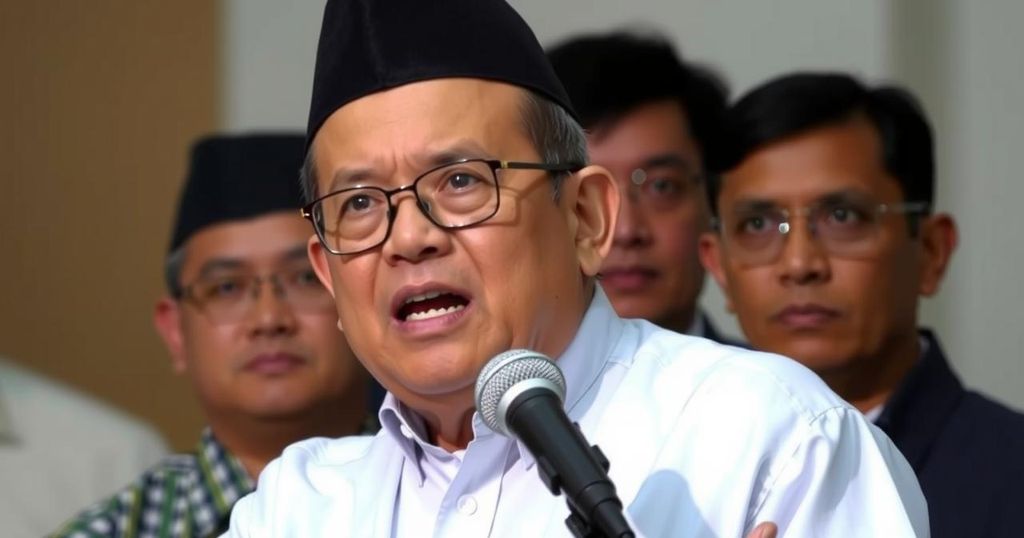Politics
ABDEL FATTAH AL - SISI, AFRICA, AL - AZHAR UNIVERSITY, AL ITTIHADIYA, AL ITTIHADIYA PRESIDENTIAL PALACE, ASIA, CO, CORRUPTION, DEMOCRACY, EGYPT, GOVERNANCE, HUMAN RIGHTS, INDONESIA, INDONESIA MEMANGGIL 57 + INSTITUTE, JAKARTA, LA, LAKSO ANINDITO, PRABOWO, PRESIDENTIAL SECRETARIAT TEMPO, TEMPO
Isaac Bennett
0 Comments
Criticism of Prabowo’s Corruption Pardon Plan: Potential Increase in Crime
President Prabowo Subianto’s proposal to pardon corrupt individuals who return stolen funds has faced criticism from Lakso Anindito of IM57+, who argues it may lead to increased corruption. He believes that leniency undermines deterrence and fails to tackle corruption’s root causes. Instead, he suggests stronger asset recovery measures and maintaining the independence of law enforcement. Prabowo’s intentions were discussed during his speech in Cairo, highlighting a controversial approach to managing corruption.
President Prabowo Subianto’s proposal to pardon individuals convicted of corruption who return stolen funds has faced significant criticism from various quarters. Lakso Anindito, Chairman of the Indonesia Memanggil 57+ Institute (IM57+), contends that this plan could exacerbate corruption, as it removes the deterrent effect associated with criminal activity. He asserts that merely offering amnesty will not resolve the systemic issues driving corruption and could encourage offenders to rationalize their crimes. Instead, he advocates for the implementation of stricter asset recovery laws and enhanced independence for law enforcement agencies to effectively combat corruption without mere political rhetoric.
Prabowo articulated his intentions during a speech at Al-Azhar University in Cairo, where he suggested that corrupt individuals willing to return their ill-gotten gains could be granted leniency and confidentiality. He expressed a desire to provide a pathway for repentance among corruptors, highlighting the potential for recuperating financial losses suffered by the state while aiming to simplify the process for individuals seeking forgiveness. However, critics warn that such measures may undermine ongoing anti-corruption efforts and contribute to a culture of impunity.
The discussion surrounding President Prabowo Subianto’s proposal to pardon corrupt individuals arises within a context marked by ongoing challenges in combating corruption in Indonesia. The country has struggled with pervasive corruption, leading to public disillusionment and calls for reform. Prabowo’s intent to alleviate the burden on those who return stolen assets reflects a controversial approach to dealing with endemic corruption and raises fundamental questions regarding the efficacy and morality of such measures. The pushback from figures like Lakso Anindito underscores the deep-seated concerns regarding the potential normalization of corruption as a result of amnesty policies.
In summary, President Prabowo Subianto’s plan to offer pardons to corrupt individuals who return embezzled funds has sparked a robust debate over its implications for corruption in Indonesia. Critics argue that such initiatives could dilute accountability and incentivize corruption rather than deterring it. There is a consensus that addressing corruption effectively will require more than just forgiving past transgressions; it necessitates systemic change and unwavering commitment to robust law enforcement.
Original Source: en.tempo.co




Post Comment